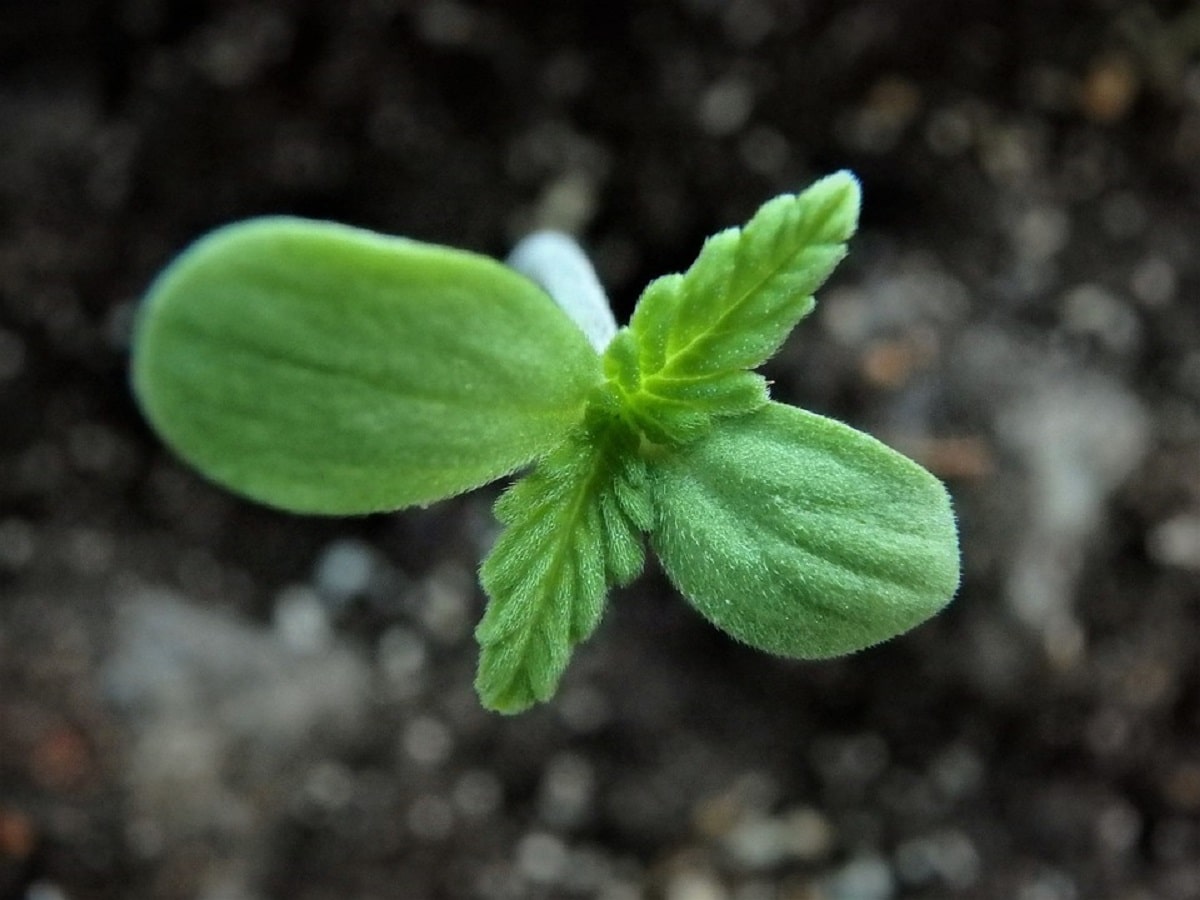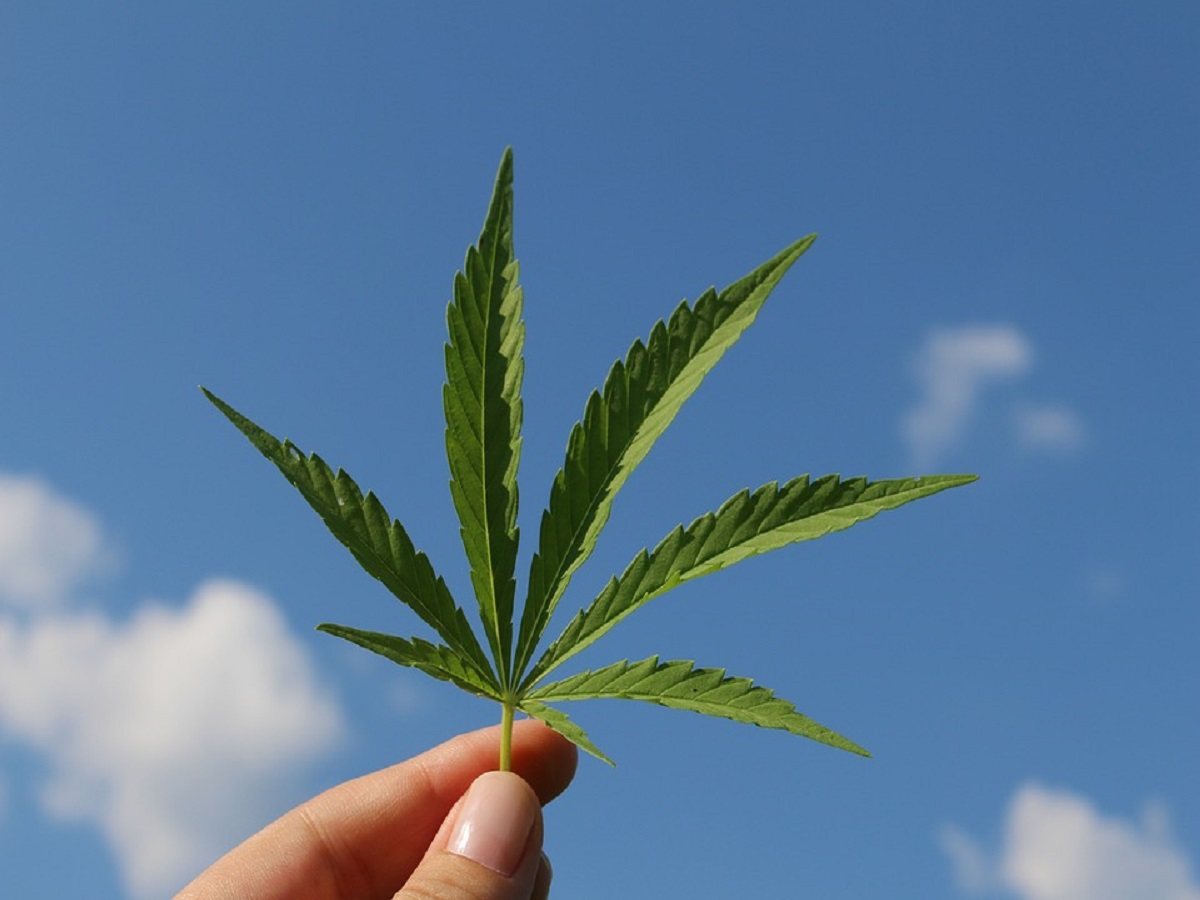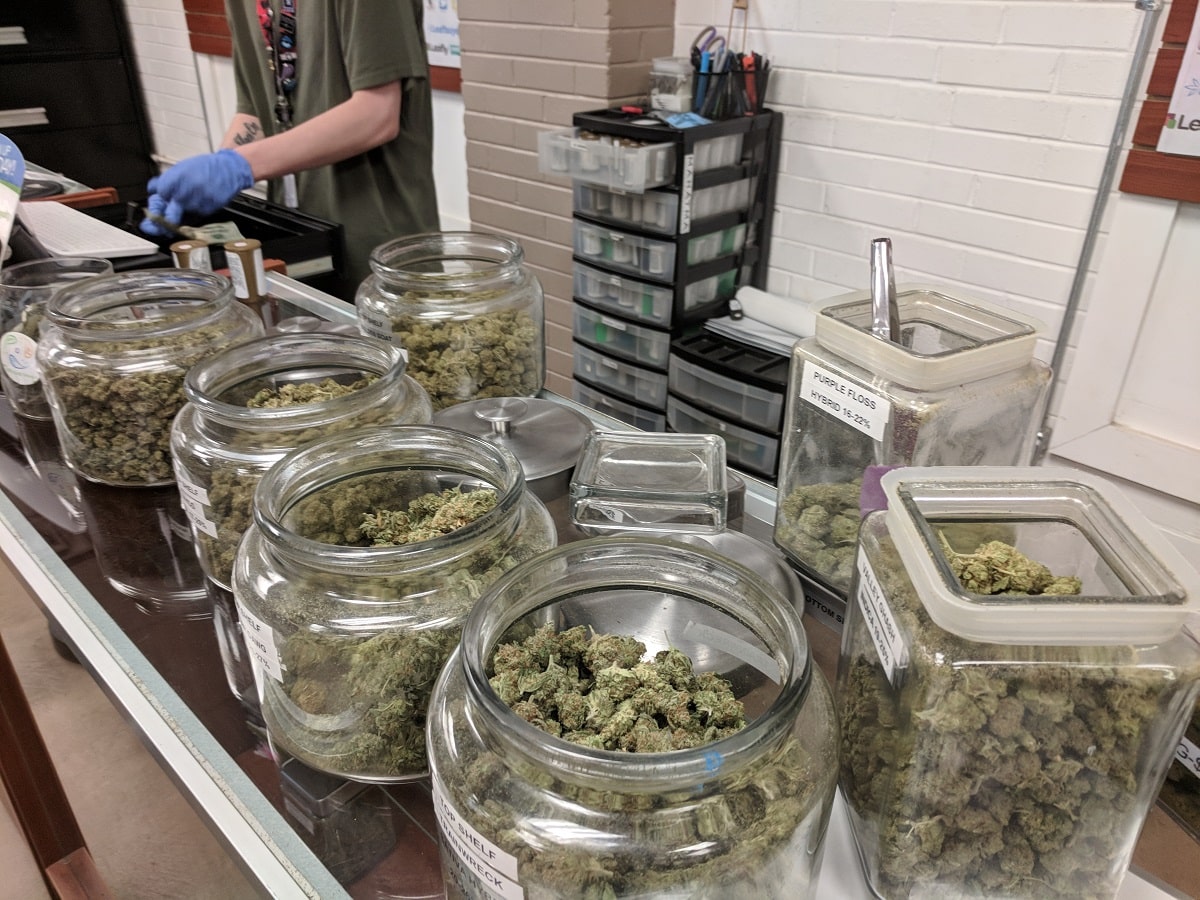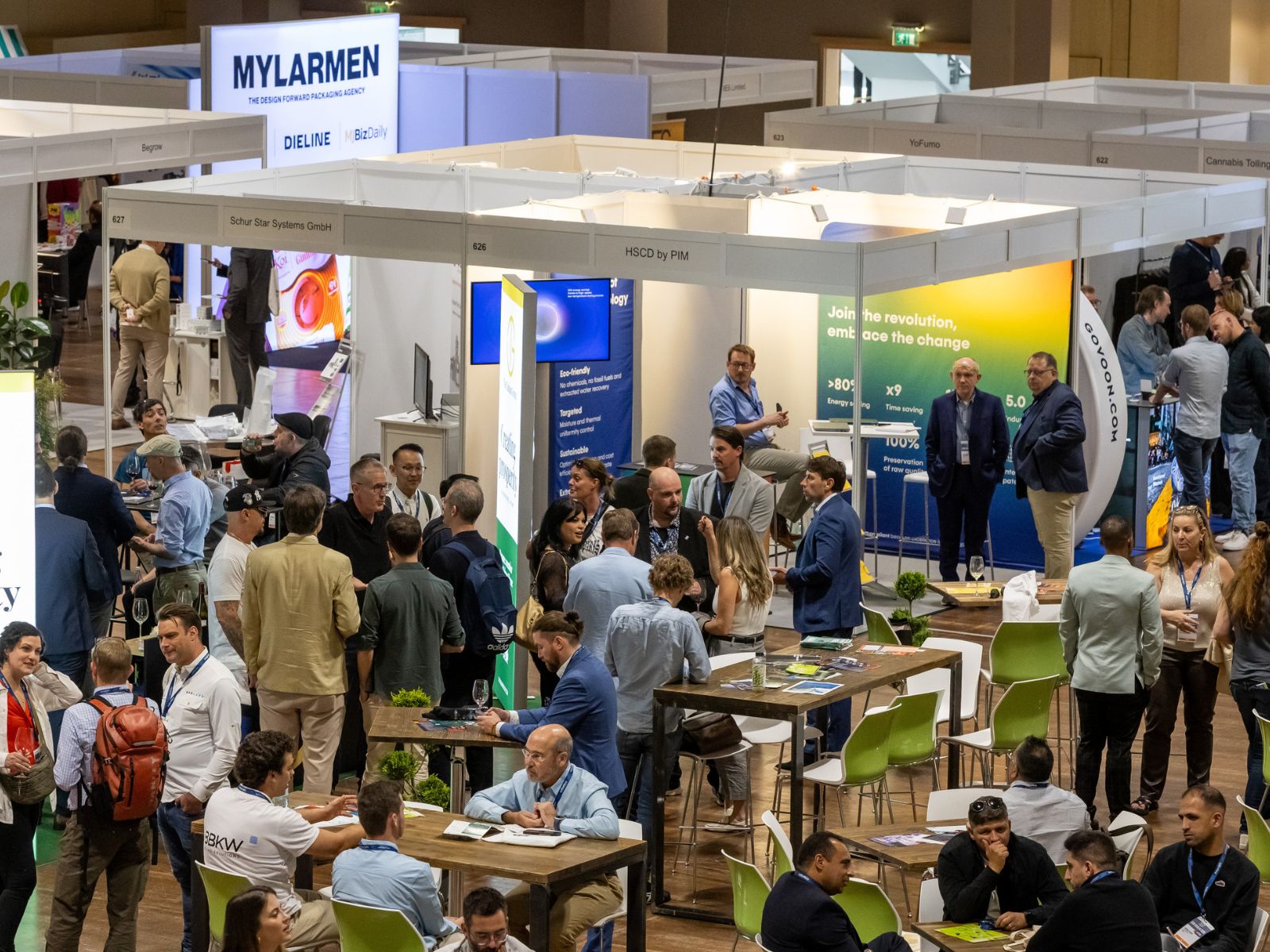
Pandemics, Mergers And 2020 – Oh, My, Goodbye!

Pandemics, Mergers And 2020 – Oh, My, Goodbye!
A strange year has wound up with a whimper rather than a bang as two of the largest Canadian public cannabis companies merge in a cashless transaction and one of them adds dronabinol to its product roster.
It is unlikely that the memory of 2020 will recede any time soon. The Pandemic created new opportunities, however, for many in the cannabis industry who could brave the course of events, starting in the United States and Canada. Dispensaries were labeled “essential” and being allowed to stay open (although the cannabis club world was thrown into disarray in places like Spain) meant a vital difference to many in the industry.
Further afield, and at the end of the year, global and regional regulatory mandates also moved the needle forward, even if in some instances incrementally. The UN vote to move cannabis out of Schedule IV is a mere political nod to the obvious without shaking any more boats. The reality is that Schedule I designation means that individual countries and regions beyond that, will now have to shoulder through all the messy details of both legalization and incorporation of the drug into other regulatory buckets and business environments. The EC vote on hemp, namely that CBD is not a narcotic was far more meaningful, along with the ability to now market hemp products openly like any other good. Look for European innovation on that front as a result, and as of early next year. That includes new media, new technology, and of course a new debate about the entire ball of wax as Luxembourg finally begins its recreational market and Holland ushers in a more regulated industry.
That said, it is also unavoidable to note that 2020 was certainly not a good year for big pot, no matter the temporary bounce in stock prices for a few. Delays in the production schedule for new facilities in Germany caused by Covid have clearly had an effect on the remaining two bid winners. Wayland, it should be remembered, was the only bid winner which had actually spent money on production facilities that became operational before the awarding of the bid. They merged with ICC right as the bid was awarded, and the bid production contracts have ended up with Demecan. Last week, it emerged that Aphria was merging with Tilray in a similar fashion. Aurora has also struggled, closing a huge cultivation space in Canada.
The ghosts of the first German tender are still in the room even as the entire continent struggles with how to classify the plant, and now, in the aftermath of Covid, economic redevelopment.
One thing is for sure. Cannabis is going to be on the drawing boards of every country as the world rebuilds from Covid. And if that is not the best, most catchy holiday season’s greetings, it doesn’t sound all that bad at this point. There is a light, indeed at the end of a very long tunnel.
Be sure to book your tickets to the International Cannabis Business Conference when it returns to Europe in 2021!
Share article
Ticket Prices increase €200
On March 18th

Ticket Prices increase €200
On March 18th

Ticket Prices increase €200
On March 18th
Share article
Join Our Awesome Community
Join Our Awesome Community
Join Our Awesome
Community
Get all the latest industry news
delivered to your inbox






